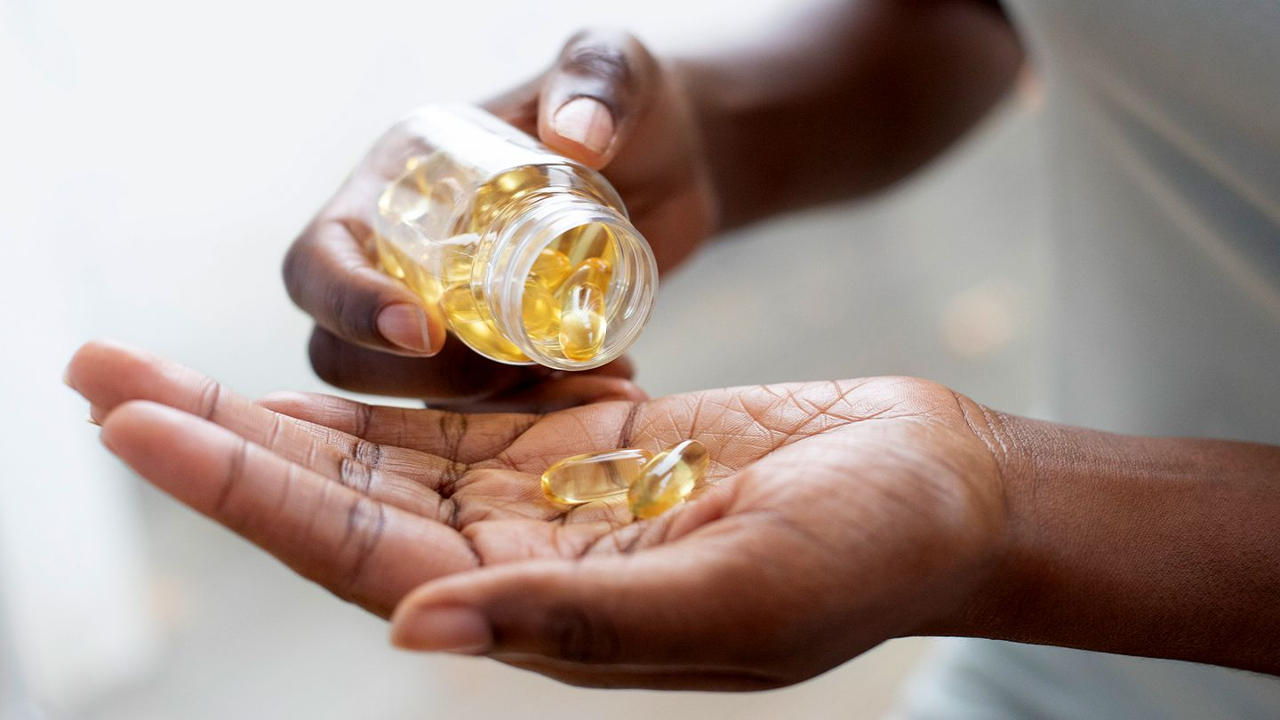Understanding the vital role of Vitamin D in overall health is paramount, especially when delving into the realm of prostate well-being. The connection between Vitamin D and prostate health has garnered significant attention, prompting many to inquire, “How much Vitamin D is optimal for maintaining prostate health?” To further enhance prostate wellness, many individuals are turning to Prostate support supplements, which often include Vitamin D among their key ingredients. This article seeks not only to shed light on the significance of Vitamin D for the prostate but also to explore how Prostate support supplements can play a crucial role in a comprehensive approach to prostate health.
Why is Vitamin D Crucial for Prostate Health?
Research suggests that Vitamin D plays a significant role in maintaining prostate health. Specifically, its absence has been linked to a heightened risk of prostate cancer, among other severe health conditions. As the body metabolizes Vitamin D, it produces calcitriol, a compound known to halt cancer cell growth in both laboratory experiments and animal studies.
The Link Between Sun Exposure and Vitamin D
One critical factor in Vitamin D levels is sunlight. For instance, African American men, who often have darker skin, might receive less sun exposure, leading to a potential deficiency in Vitamin D. This deficiency could explain the higher incidence of prostate cancer in this demographic compared to their European American counterparts.
Supplementing with Vitamin D: What You Should Know
While Vitamin D is vital for bone health and reducing inflammation, it also communicates between the brain and muscles, and aids the immune system in reducing infection risks. Studies have shown that men with reduced Vitamin D levels might have higher Gleason scores, a critical marker for malignant cancer diagnosis. Before starting any Vitamin D supplement regimen, consulting a physician is crucial, especially for those with specific health concerns like kidney stones.
How to Determine the Right Dosage
When considering supplements, it’s essential to find the right dosage. The recommended upper limit is around 5,000 IU daily, though natural sunlight and fortified foods can provide additional Vitamin D. Always ensure to balance the intake to avoid any potential risks.
Dietary Sources of Vitamin D: Making the Right Choices
Incorporating Vitamin D-rich foods into your diet can be an effective way to maintain optimal levels. While some studies have pointed towards the potential preventative properties of Vitamin D against prostate cancer, more consistent and unbiased research is necessary to establish a concrete connection.
The Verdict on Prostate Health and Diet
Emerging research suggests potential links between Vitamin D deficiency and prostate health issues. As science continues to uncover these relationships, incorporating foods rich in Vitamin D and maintaining healthy sun exposure habits can serve as proactive measures.
Conclusion
In the quest for optimal prostate health, understanding the role of Vitamin D is paramount. How much Vitamin D for prostate health remains a topic of ongoing research, but one thing is clear: maintaining adequate levels is a step in the right direction.
Frequently Asked Questions:
- How does Vitamin D influence prostate health? Vitamin D, particularly its metabolite calcitriol, has been shown to inhibit cancer cell growth. Its deficiency has been linked to a higher risk of prostate cancer.
- What are the main sources of Vitamin D? Natural sunlight is a primary source. Additionally, fortified foods such as milk, cereals, and certain juices are good dietary sources. Supplements can also help in maintaining the right levels.
- How much Vitamin D should one take daily? Recommendations vary, but adults are generally advised to take around 600 to 800 IU daily. It’s always best to consult with a healthcare provider.
- Can too much Vitamin D be harmful? Yes, excessive Vitamin D intake can lead to hypercalcemia, causing high calcium levels in the blood. This condition can result in kidney stones or other health issues.
- Do Vitamin D supplements help in reducing symptoms of benign prostatic hyperplasia (BPH)? Some studies, like a randomized clinical trial in Iran, suggest that Vitamin D supplements can alleviate mild to moderate BPH symptoms. Further research is needed to solidify these findings.


